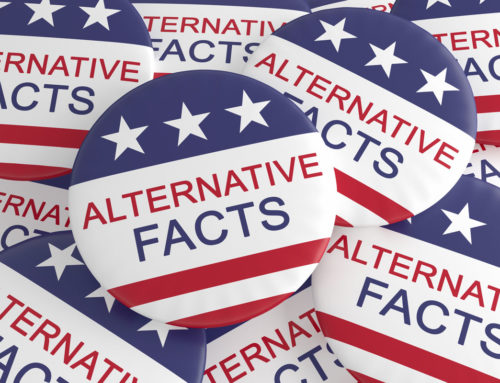As you know, I don’t often do book reviews, but once in a while a book comes along that is so important that I just have to tell you about it. Gary Taube’s brilliant, Why We Get Fat was one such book. The one I’m about to discuss- Sugar Nation—is another.
There have been a lot of books and articles written about sugar, from the classic Sugar Blues back in the 1970’s to Sugar Shock in 2007, but there’s never been one like this.
Here’s the back story.
Jeff O’Connell is a successful writer and editor who stands about 6’5” and has a body like Michael Jackson. He’s what they used to call “a long drink of water”. As former editor-in-chief of Muscle and Fitness and author of a number of books on exercise, he’s about the least likely candidate to have type ll diabetes. He’s thin as a rail, works out like a demon, and is knowledgeable about diet.
Yet in 2008 he got some shocking news which changed his life.
On that day, he got a phone call from his uncle saying that his estranged dad- Tom O’Connell- was lying in intensive care in an LA hospital, and had just had most of his right leg amputated. Jeff’s father had type ll diabetes.
Fresh on the heels of a visit to his dad’s hospital bed, Jeff went to his own doctor for a routine physical. The doc, examining the blood test results, asked the question that ultimately led to this book: “Does diabetes run in your family?”
You can pretty much guess the rest.
The thing that makes Sugar Nation such an incredible read is that it is not just a documentary about sugar, diabetes and obesity. It’s a personal story of Jeff’s own search for answers. After all, how could a skinny, healthy, 6’5” guy have insulin resistance and diabetes? Isn’t that a disease that only affects the obese and sedentary?
Actually, no.
In the course of this story- which is as compelling as a beach read and just as impossible to put down- you learn facts about the food industry, the idiotic and nonsensical advice of the American Diabetes Association, the politics of sugar, and the connection of diabetes to heart disease, cancer and Alzheimers. You actually follow Jeff on his journey to understand what went wrong and in the course of understanding what happened to him, you learn how diabetes really develops– and what happens to the body under the toxic burden of the Standard American Diet.
But this is not a book about facts, figures and statistics. It’s a deeply personal story that is all the more engaging because you actually come to care about the characters.
O’Connell had access to some of the best researchers in the country; their ideas and quotes are woven into the fabric of the story seamlessly, and contrasted with the advice routinely given by the dozens of doctors he visited around the country who are treating diabetic patients in a way that’s so boneheadedly wrong it borders on medical malpractice. His sources read like a “who’s who” of low-carb researchers as well as plenty of “establishment” sources like the American Diabetes Association and the aforementioned doctors. The contrast is telling- and O’Connell lets you make up your own mind about who’s right.
Written in a friendly, breezy style- O’Connell’s best writing ever, by the way—the book is just plain impossible to put down. In a weird way, the book reminds me of Sesame Street in that it makes learning fun. You’re so entertained and engaged, you barely notice that you’re being educated.
Put Sugar Nation on your must-read list. I can’t recommend it highly enough.














You had me at beach read 🙂
No, seriously, I’ve been meaning to buy Why We Get Fat since reading Good Calories, Bad Calories.
I’m going to download both your recommendations later today and have a break from the business and self-help reading I’ve been focused on of late! Thanks for the review.
Before reading this book, I was a sugar addict. I ate junk all day. I could eat a whole cake or 1/2 gallon of ice cream in 2 days(I’m not overweight and I exercise regularly).
This book gave me the motivation to kick the habit. As of today, I’ve had sugar 2 times in 9 weeks and carbs (other than fruit and veggies) twice.